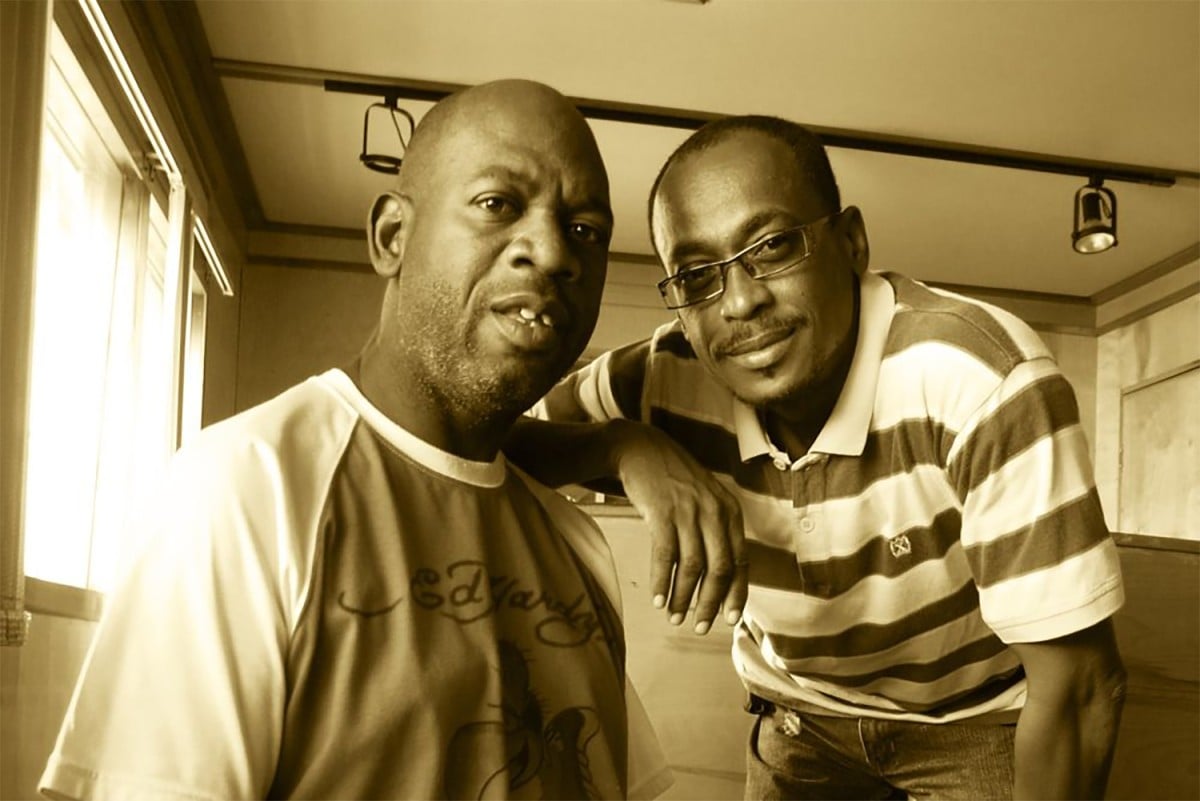Judge Rejects Call To Disqualify Steely & Clevie’s Attorney From Reggaetón Lawsuit

A federal judge in California has ruled against a defense motion to disqualify attorney Garth A. Clarke from Steely & Clevie Productions Ltd.’s massive copyright lawsuit against over 160 Reggaetón artists, producers, and record companies.
In an order handed down on Friday (January 17), which was obtained by DancehallMag, Judge Andre Birotte Jr. denied the contentious motion and also declined to impose sanctions on the defendants for filing it.
Steely & Clevie’s lawsuit, initially filed in 2021, alleges that their Fish Market Riddim, released in 1989, was unlawfully used as a foundational element in the Reggaetón genre without proper credit or compensation. Although the lawsuit cites over 1,800 songs for infringements, experts estimate that the riddim’s “boom-ch-boom-chick” percussion has influenced over 80% of all Reggaetón productions. Fish Market first gained popularity in Panama, Puerto Rico, and New York, after its use in Shabba Ranks and producer Bobby Digital’s 1990 hit, Dem Bow.
In November 2024, the law firm Pryor Cashman LLP, representing over 100 defendants in the case, raised concerns about Clarke’s role in the 2020 copyright registration process for the riddim.
The Pryor Cashman-defendants include Luis Fonsi, Daddy Yankee, Justin Bieber, J Balvin, Karol G, Stefflon Don, Sony Music Entertainment, Universal Music Group, Warner Chappell Music, and Hipgnosis Songs Group. Separate attorneys representing Bad Bunny and DJ Snake had also co-signed Pryor Cashman’s motion to disqualify Clarke.
According to them, Clarke had informed the U.S. Copyright Office (USCO) that Fish Market was first published in Jamaica in 1989. However, due to the lack of copyright relations between Jamaica and the U.S. at that time, the application was initially rejected. Clarke then claimed the work was first released in New York in 1989, which led to the registration’s approval.
Pryor Cashman argued that this reversal tainted the registration process and that Clarke’s involvement potentially made him an important witness in the case. They also alleged that Clarke was added to Steely & Clevie’s legal team in August 2024 specifically to prevent his testimony regarding the registration process. This, they contended, violated the advocate-witness rule, which prohibits attorneys from acting as both legal advocates and witnesses in the same case.
Steely & Clevie countered that Clarke’s communications with USCO was standard practice and consistent with the actions of countless other attorneys, including members of the defendants’ own legal team. They also contended that the advocate-witness rule only restricts attorney testimony during trials, not pretrial proceedings.
They further alleged that the motion was filed in bad faith and requested that the court sanction the defendants for what they described as a “tactical” maneuver to disrupt their legal representation.
While finding the defendants’ arguments unconvincing, Judge Birotte Jr. determined that they were not frivolous enough to warrant sanctions.
The case will now proceed with discovery, the process of exchanging information and documents before trial.

